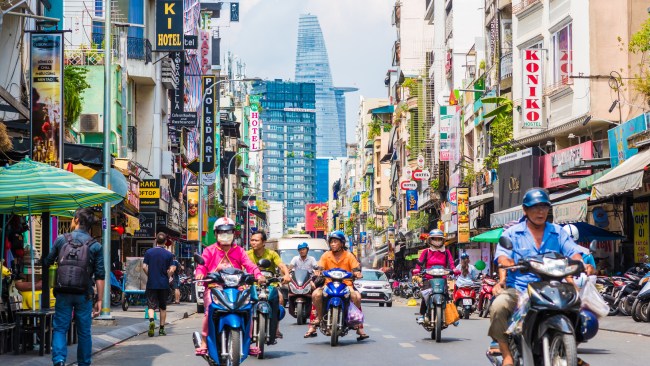Want better service in Spain? Use these two words and you'll get treated like a local
As George R.R. Martin once said: the night is long and full of terrors. But your experience drinking on a Spanish terrace doesn't have to be - so long as you learn a couple of simple 'magic' phrases.

Lifestyle
Don't miss out on the headlines from Lifestyle. Followed categories will be added to My News.
The furious heat of the day is gone, but the sun is still shining. People are smoking and drinking coffees and the shadows are growing longer.
I'm at a cocktail bar in Jerez de la Frontera - a small city in the south of Spain. It's winter, so even though the sun is warm, every minute or so a breeze rolls through, cooling me down nicely.
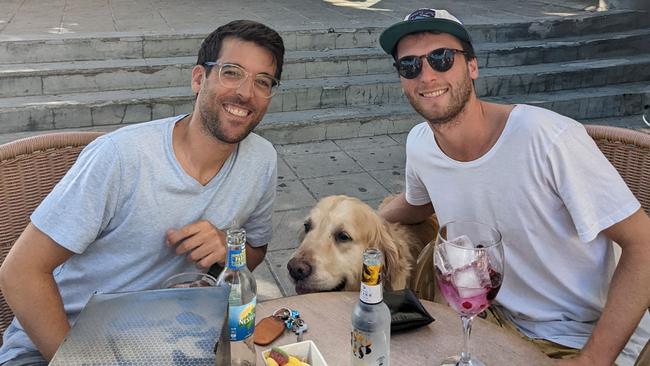
Speaking of things casually rolling through, after a couple of minutes of conversation, our waiter floats up.
After a hearty 3pm lunch (and a post lunch sobremesa), we're ready for cake, coffee and cocktails.
I've flown 17,684km across the world (and then taken a 3 and a half hour train) from Sydney to be here. But being from Australia, a place where alcohol is served with extreme stinginess, you can imagine my shock when the waiter comes out with a tray of glasses and a bottle of gin and invites me to "say when" ("dime cuanto") as he pours it.

Joking, I reply "la botella entera" (the whole bottle). To my amazement (and then, mild horror), he takes me at my word. We then play a game of chicken and my glass ends up half full of straight gin. Wow: this could never happen in Australia.

Now, before you go thinking this is standard in Spain, they know us quite well at this bar (and we had used two "magic words", which I'll get to at the end of this piece). That said, you do tend to get much more generous pours of alcohol in Spain than Australia, especially at local neighbourhood bars and cafes (the posher cocktail bars and nightclubs are less forthcoming with the good stuff).
Now we've got that sorted, here are a few more of the things that blew my mind in Spain (plus the two word secret to coming across as less of a tourist).
Holidays

While many Australians are obsessed with going overseas (despite us having a huge variety of types of holidays at home), I found people in Spain are a lot happier to holiday domestically. This is helped by Spain having great hiking, beaches, history, culture, sporting events, nightlife and snow.
How hard it is to find work
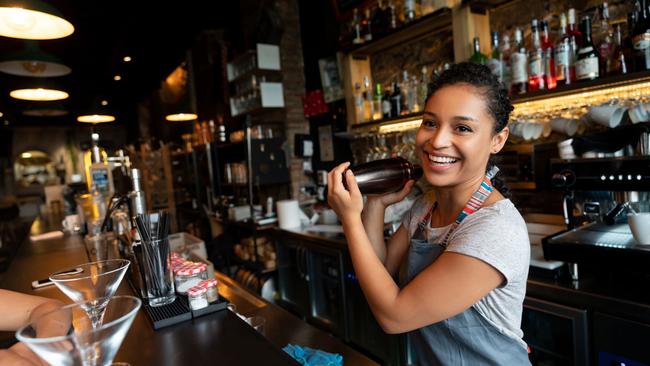
It's a pretty safe bet that as a backpacker coming to Australia, you'll be able to pick up casual work washing dishes or pulling pints, whenever you want. However, in Spain, locals fight tooth and nail for these kind of positions, with Spain's unemployment rating sitting at 11.84 per cent at the end of 2023. Compare that to Australia which currently has an unemployment rate of 4.10 per cent and you see why it's not so easy to just rock up in Spain and start working.
Driving 'rehabilitation' courses
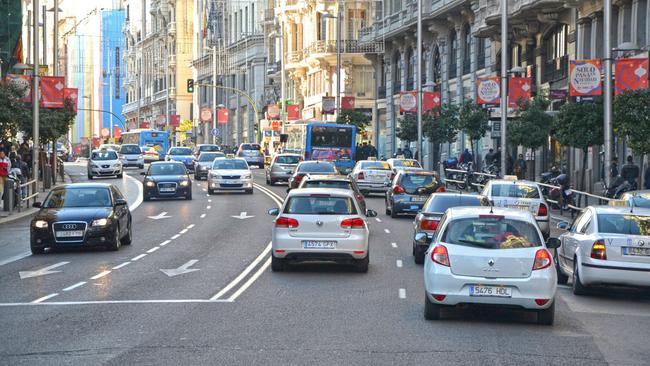
In Spain, you can get demerit points back on your driver's license if you sit through a two day remedial course. However, as football journalist Sid Lowe brilliantly put it in a Rincon Cultural episode of The Spanish Football Podcast, sometimes they are an absolute joke.
Of the experience, Sid said: "You turn up and you feel like a convict, everyone [is] asking everyone else, 'what did you do?'... As the day goes on you discover some people... really have done some quite bad things."
"It reminded me of when you go to a parents meeting at a school, but rather than it being the teachers telling the parents what's going on, basically it becomes an opportunity for all the parents to complain and to sort of shout and debate and everyone is having their own conversations and the teacher is standing at the front, largely being ignored, until the point where the teacher starts joining in (saying), 'Oh that's right you shouldn't get points for that and 'that's terrible.'"
"It was magnificently chaotic. One of the guys I saw on the way in said 'I've done one of these before' and he said they lay it on really thick and it's deadly serious, and instead this woman kind of bounced in and told us we're all right, yes it's absolutely true, it's terrible you got points for this."
According to Sid, his course ended up degenerating into a conversation about politics and revenue raising.
"The overwhelming feeling at the end of this course wasn't any sort of contrition whatsoever, [it was more] well done everyone, you've got your points back, this was a bit of a laugh wasn't it. It's like going into prison, because when you come out of it, instead of being reformed you've learned the tricks of the trade to be an even better criminal next time around."
Fashion
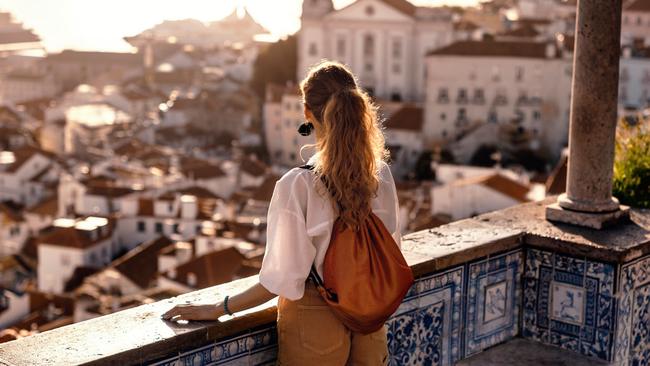
In Australia, wearing a Ralph Lauren polo means you're an undesirable character who hangs around bus stops. In Spain it means you're posh. Oh and people don't wear Ugg boots in the street.
Getting service at a restaurant
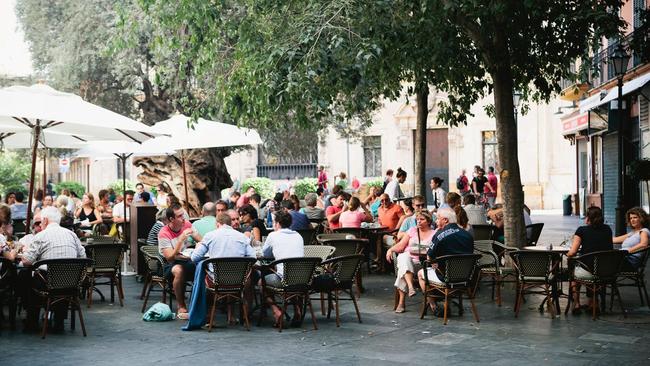
In Spain it's not uncommon, especially if you are a regular somewhere and have good rapport, to yell "niño!", while waving your hand in the air (or even clicking your fingers) to get the waitstaff's attention. In Australia this would get you a death stare. Likewise when ordering food there's no mucking around with "could I please have?" - instead it's "ponme" (literally "put me" but it translates to "I'll have") and this is not seen as rude at all, it's just standard. If you want to come across as polite upon arrival in a bar, but have been waiting a while to get served, just raise your arm and use this magic word phrase: "Cuando puedas" ("when you can").
Share plates
In Spain, especially when you go out into the countryside for a big family meal, it's common to have big plates in the middle of everything from chickpeas to soup, that everyone picks at, double dipping time and time again with a fork or spoon.
Originally published as Want better service in Spain? Use these two words and you'll get treated like a local




